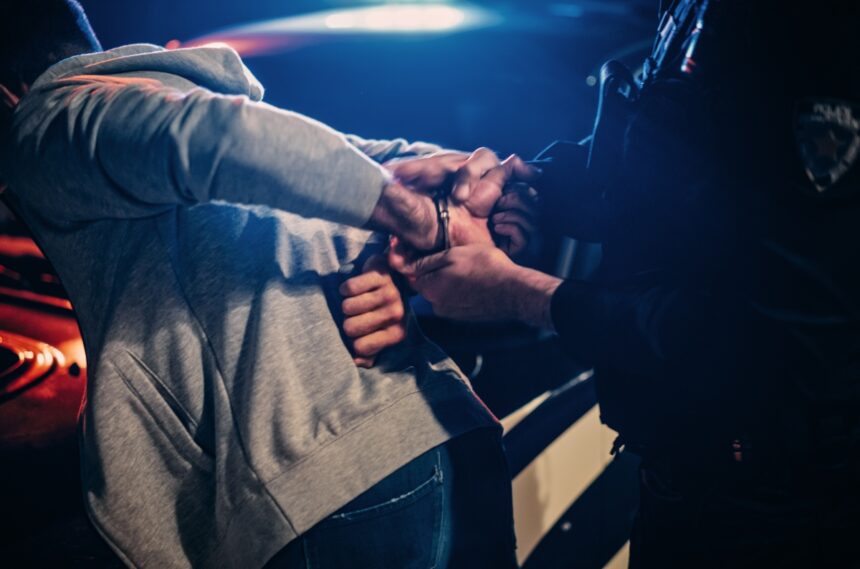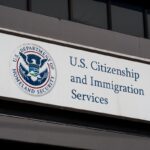If you are an undocumented immigrant in the United States and you are stopped by the police, it is essential to know your rights in order to protect yourself and avoid negative consequences.
The following are steps and recommendations based on verified and updated information through 2025, especially useful for the U.S. Hispanic community.
Remain calm and exercise your right to remain silent.

Regardless of your immigration status, you have constitutional rights in the United States. One of them is the right to remain silent. If an officer stops you, you can say:
“I want to exercise my right to remain silent and speak to an attorney.”
You are not required to answer questions about your immigration status, place of birth or how you entered the country.
Avoid providing information that can be used against you.
Request the presence of an attorney
You have the right to consult with an attorney before answering any questions or signing any documents.
Although the government does not provide lawyers in immigration cases, you can seek free or low-cost legal assistance through community organizations.
Do not sign documents without legal advice

It is crucial not to sign any document without the review of an attorney.
Signing without understanding can lead to giving up important rights or accepting voluntary deportations without knowing it.
Do not provide false documents
Never submit false documents or incorrect information. This may aggravate your legal situation and have serious consequences.
If you are stopped by the police, do not try to flee or resist. This can make the situation worse and result in additional charges
Know your rights in searches and arrests
The police need a warrant to search your home.
If they attempt to enter without one, you can ask to see the warrant before allowing access.
Carry a rights card with you
It is advisable to carry a card indicating your right to remain silent and to request an attorney.
You can show it to the officer instead of talking.

Plan ahead
Have an emergency plan that includes trusted contacts and important documentation.
Inform your loved ones about your rights and what to do in case of arrest.
Additional Resources
For free or low-cost legal assistance, you can contact organizations such as:
National Immigrant Justice Center:
American Civil Liberties Union (ACLU):
Remember that knowing and exercising your rights is fundamental to protect yourself and face any legal situation in the United States.
Find out more at QueOnnda.com.























